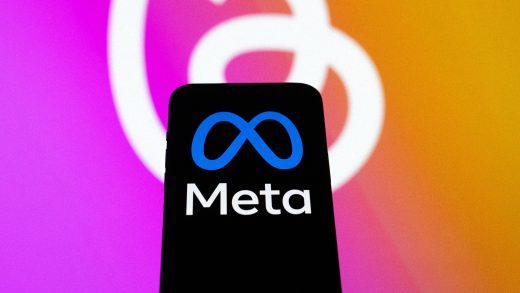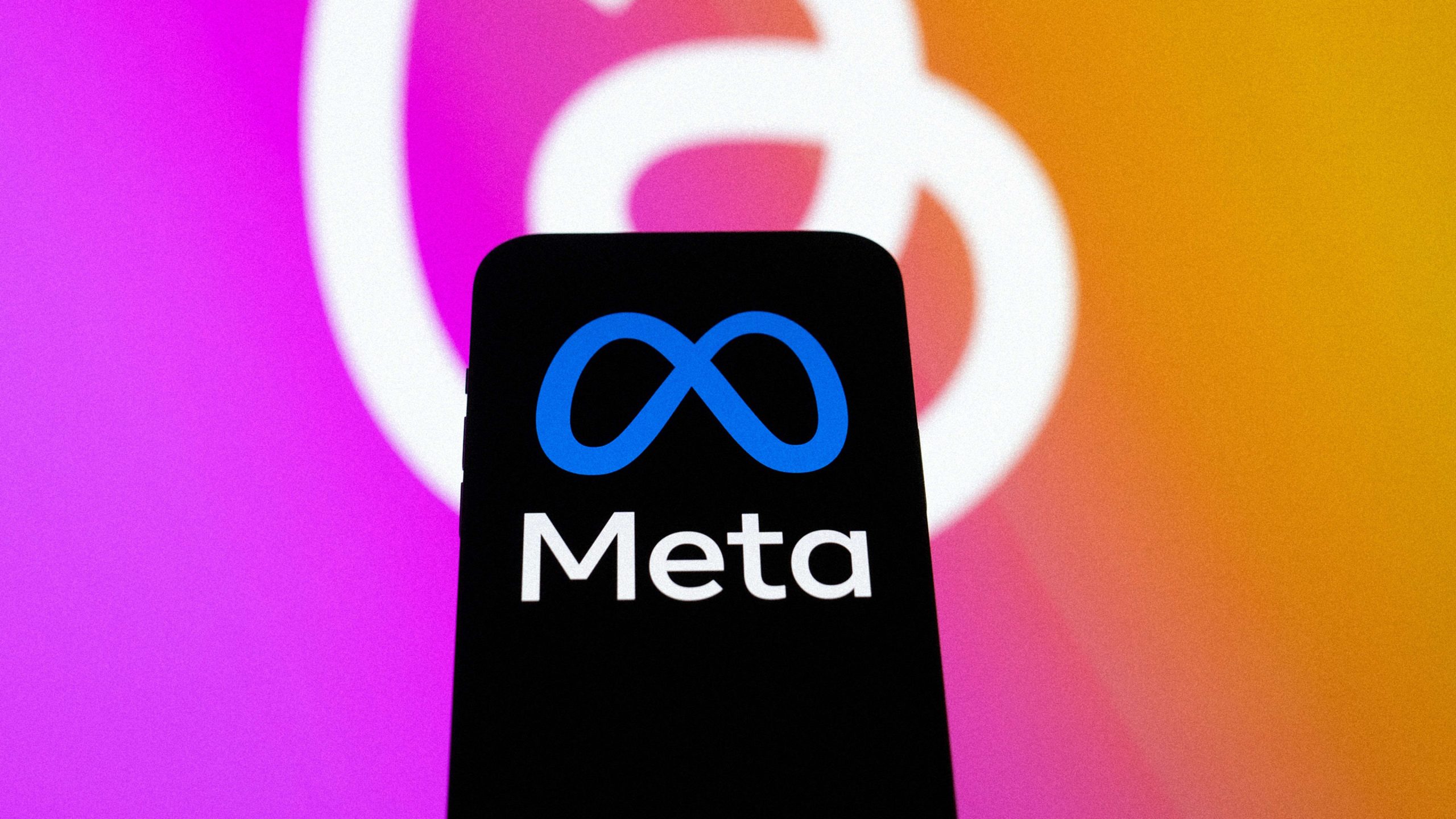Meta’s push to build one AI model to power videos across platforms could be an oversight nightmare, experts warn
Meta’s push to build one AI model to power videos across platforms could be an oversight nightmare, experts warn
“Oh god, they’re trying to be TikTok, aren’t they?” says one academic.
When Facebook head Tom Alison announced at a conference earlier this month that Meta would be using AI to overhaul its video recommendation system across its platforms, the news didn’t exactly light the world on fire. The company already uses different recommendation models for videos on each of its services; now it plans to bring them all under one roof. “If we get this right, not only will the recommendations be kind of more engaging and more relevant,” Alison said at the time, “but we think the responsiveness of them can improve as well.”
But contained in that quote is a subliminal, potentially unnerving truth: Meta’s platforms—already places where, despite the company’s efforts, misinformation can spread quickly and content moderation frequently misfires—might now become even more difficult to monitor, thanks to advancements in AI.
“Rather than being a way to simply keep people on and engaging in platforms, recommendation AIs are now seen as part of the product offered by platforms to end users,” says Liam McLoughlin, a lecturer at the University of Liverpool specializing in content moderation and social media.
To be clear, Meta is already using AI in video recommendation. The change would be in efficiency: Whereas before it was running and maintaining separate recommendation algorithms for each of its products, now Meta hopes to utilize the same underlying AI algorithms across many of its apps.
“From a tech stack point of view and an engineering and building point of view, it makes sense that they would, once fully tested, spread it out across all their platform and all its features,” says social media analyst Matt Navarra.
Tests of the new model undertaken last year on Reels saw significant improvements in user retention, Alison told conference attendees. Users spent between eight and 10% more time watching Reels—data that showed the new model worked. (Meta didn’t respond to Fast Company’s request for comment.)
However, the University of Liverpool’s McLoughlin reckons Meta will have to tread carefully. “Users have particular affordances for each platform and might prefer the separation between recommendation systems currently in place,” he says. A similar concern—the idea that your Instagram persona may be quite different to your Facebook one—was raised when Meta revealed its Twitter-like social network, Threads, last year.
“Oh god, they’re trying to be TikTok, aren’t they?” says Carolina Are, an innovation fellow at Northumbria University, who focuses on online content moderation and censorship. Are worries about over specification—sometimes called overfitting in AI terminology—in recommendation systems across the Meta family of apps. “This effectively means they are going with the Reels-first approach and letting Reels lead over all other content by targeting the algorithm on them and then making everything related,” she says.
That approach doesn’t make sense for Are because, as she points out, it could mean that watching a singer perform live for a prolonged period could mean that a user is shown content across all Meta’s apps relating to that singer.
There’s another interesting wrinkle to Meta’s AI algorithm changes—and one that will test CEO Mark Zuckerberg’s claim that his company “will generally want to lean towards open source” when it comes to developing AI algorithms. “They surely wouldn’t make it open-source because they thrive off business secrets, so I don’t see that happening,” says Are. Part of the reason it’s taken more than three years since the August 2020 release of Instagram Reels for the app to overtake TikTok in app download figures is because TikTok’s proprietary algorithm helped keep users engaged on the app while Reels gave a less fulfilling experience. That algorithm is also why people still spend 50% more time on TikTok than Reels on an average day.
If Meta has managed to find the secret of success for keeping users on Reels, opening it up to scrutiny from competitors seems self-defeating—not to mention the risk of creators starting to game the system if they’re able to decipher what makes content more likely to go viral on the app. But there are also significant pitfalls that come with AI algorithms—including keeping a lid on them if they misfire. “The pros are that ideally people from less obvious backgrounds would have a say in content recommendations and reduce the current bias represented by Meta’s very male, straight, cis, Western-centric world view,” says Are. “But then the cons are… how do you police it?”
ABOUT THE AUTHOR
(13)



